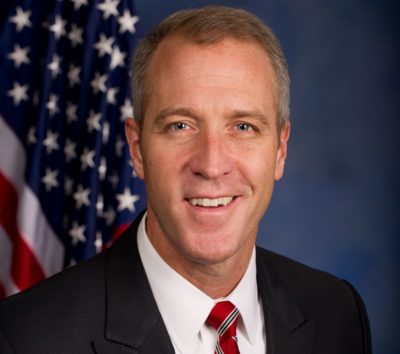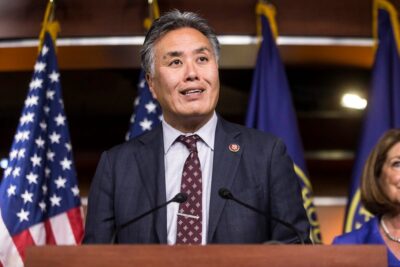Taliban publicly whips Afghan men accused of gay sex amid Sharia crackdown on LGBTQ life
Islamic extremist Taliban officials in Afghanistan publicly whipped 12 people in a public soccer stadium, including individuals accused of gay sex.
The whipping occurred as thousands watched in the eastern Logar province, BBC reported. The punished individuals were allegedly guilty of “moral crimes” including adultery, robbery, and gay sex, a Taliban official told the publication.
Each person received between 21 and 39 lashes; 39 is the maximum number that Taliban authorities reportedly inflict upon convicts. Some of the individuals were jailed afterward. The incident was similar to a public flogging of 19 people that took place in the northern Afghan province of Takhar.
The public flogging in Logar occurred a week after Taliban Supreme Leader Haibatullah Akhundzada promised to fully enforce Sharia law, an extremist interpretation of Islamic principles, across the country. This includes amputating the limbs of thieves, as well as public executions, floggings, and stonings, The Guardian reported. These punishments are used for such crimes as drinking alcohol, theft, kidnapping, highway robbery, abandoning religious beliefs, and rebellion.
Sharia law forbids same-sex sexual activity and can punish it with the death penalty, including execution by stoning or being crushed by a wall. Taliban members can immediately shoot people dead if they find any evidence of queerness on a person’s phone, computer, or elsewhere. They can also hunt down, detain, and torture any queer friends a person is connected to.
A report by Human Rights Watch (HRW) found that life for LGBTQ Afghans has “dramatically worsened” since the Taliban took over in 2021, following the full withdrawal of U.S. military forces negotiated by former President Donald Trump. Immediately following the Taliban takeover, human rights organizations in the U.S. urged the Biden administration to do more for LGBTQ Afghans seeking asylum.
The HRW report found that LGBTQ Afghans are facing increased threats, violent attacks, and sexual assaults from Taliban members and close friends, family members, and partners who either support the Taliban or fear retaliation if they don’t betray their LGBTQ associates.
In June, during the worldwide outbreak of mpox (the skin infection previously known as monkeypox), Taliban officials patrolled known gay urban areas to harass, inspect, and detain gay men under the guise of preventing an outbreak.
In October, the Taliban murdered Hamed Sabouri, a gay 22-year-old medical student, and sent a video of his death to his family. Sabouri was tortured for three days before being shot in the back of the head. His partner had previously been raped, beaten, and tortured with electric shocks. Sabouri’s family fled the country after his murder.









